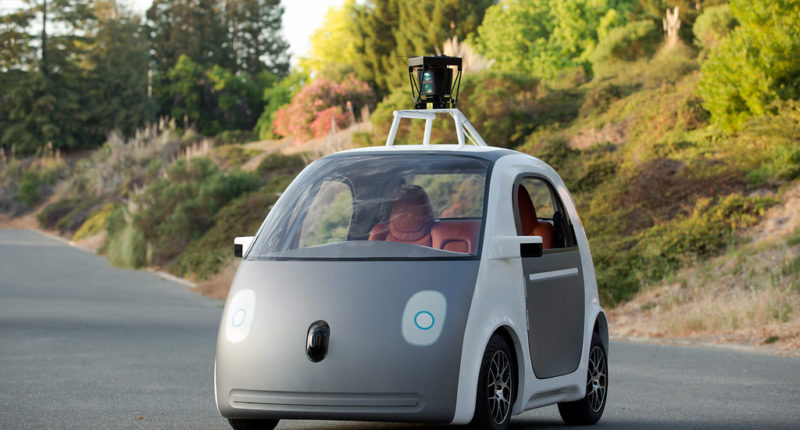Evolution in the field of self-driving vehicles has been progressing at a rapid click over the last few years, and Hyundai is now taking it to the next step. Starting November 4, citizens of Irvine, California, will be able to avail a special free ride service in autonomous electric cars, thanks to Hyundai. This news was followed by the South Korean auto giant’s announcement where it stated that it will invest $35 Mn in autonomous and electric vehicles over the next 5 years.
Hyundai has collaborated with AV startup Pony.ai and ride booking company Via for its free taxi service. Riders can book these taxis through an app installed in their smartphones. However, Hyundai has stated that the cars will not be entirely driver-less, and for precaution sake, a driver will be seated behind the wheel along with an engineer who will take the passenger seat. The vehicle will be making rounds in a certain prescribed area which will cover “several residential, commercial, and institutional points of interest.”
The service will run on all-electric Hyundai Kona SUVs, which are well studded with latest sensor hardware and proprietary software from latest sensor hardware and proprietary software which will help the system maneuver perfectly in traffic, avoid pedestrian traffic, monitor and predict the behavior of the surrounding and take action accordingly.
Previously, Toyota also offered a driver-less taxi service in Tokyo around the 2020 summer Olympics. Ford has announced the launch of autonomous ride-hailing service in United States in 2021. General Motors is also in the league, and has recently pushed ahead the launch of its taxi service. Startup Zoox is also making moves to offer rides AV rides in Las Vegas. Didi Chuxing has similar plans for China beginning 2021.
Unlike other players, Hyundai has the backing from South Korean government to boost its EV and AV efforts. As per reports, the government is planning to invest 1.7 trillion Won between 2021 and 2027 on the self driving cars. In this while, Hyundai will be expected to drop fully autonomous cars by 2024 for fleet customers and by 2027 for the general public.
